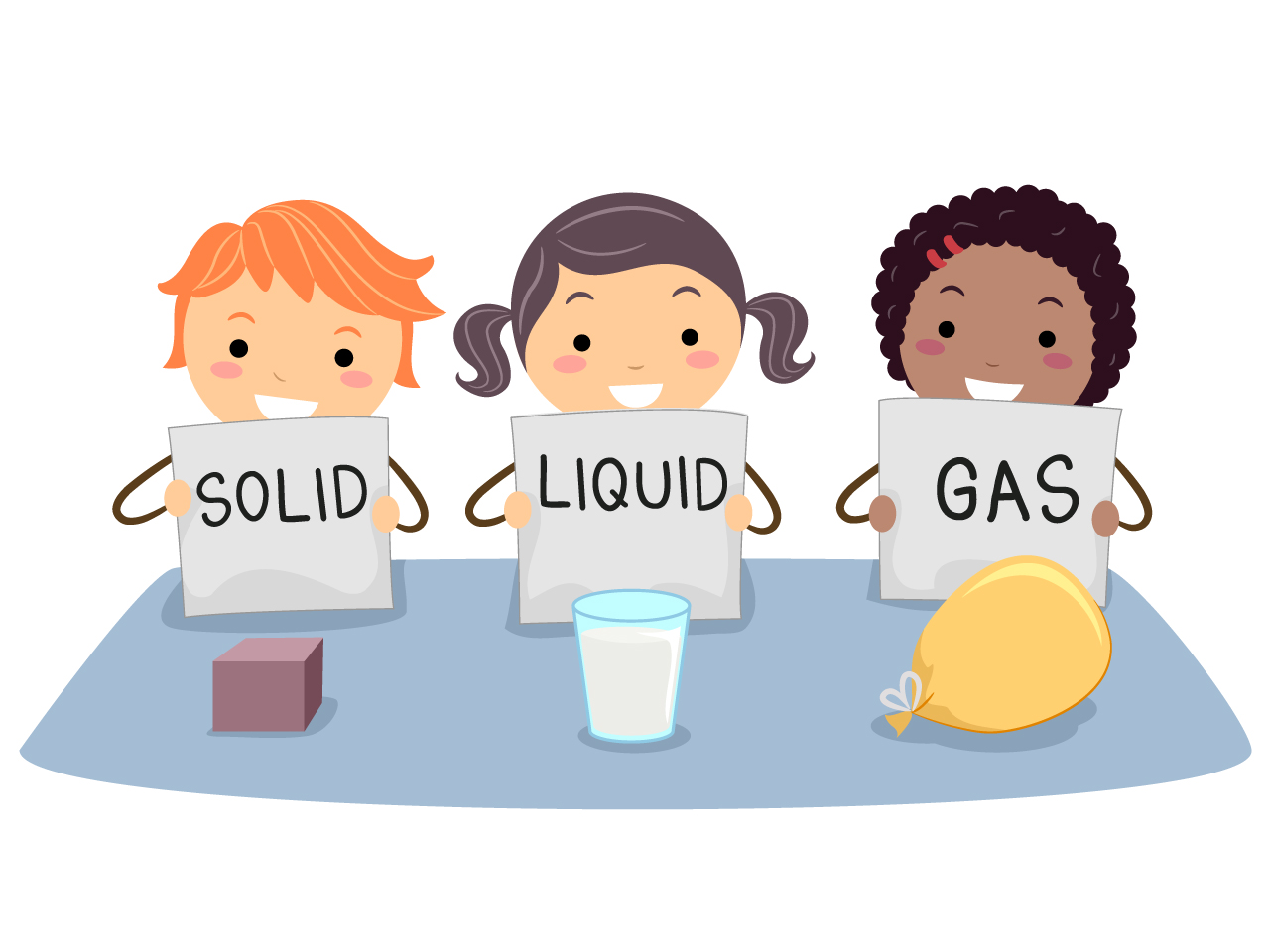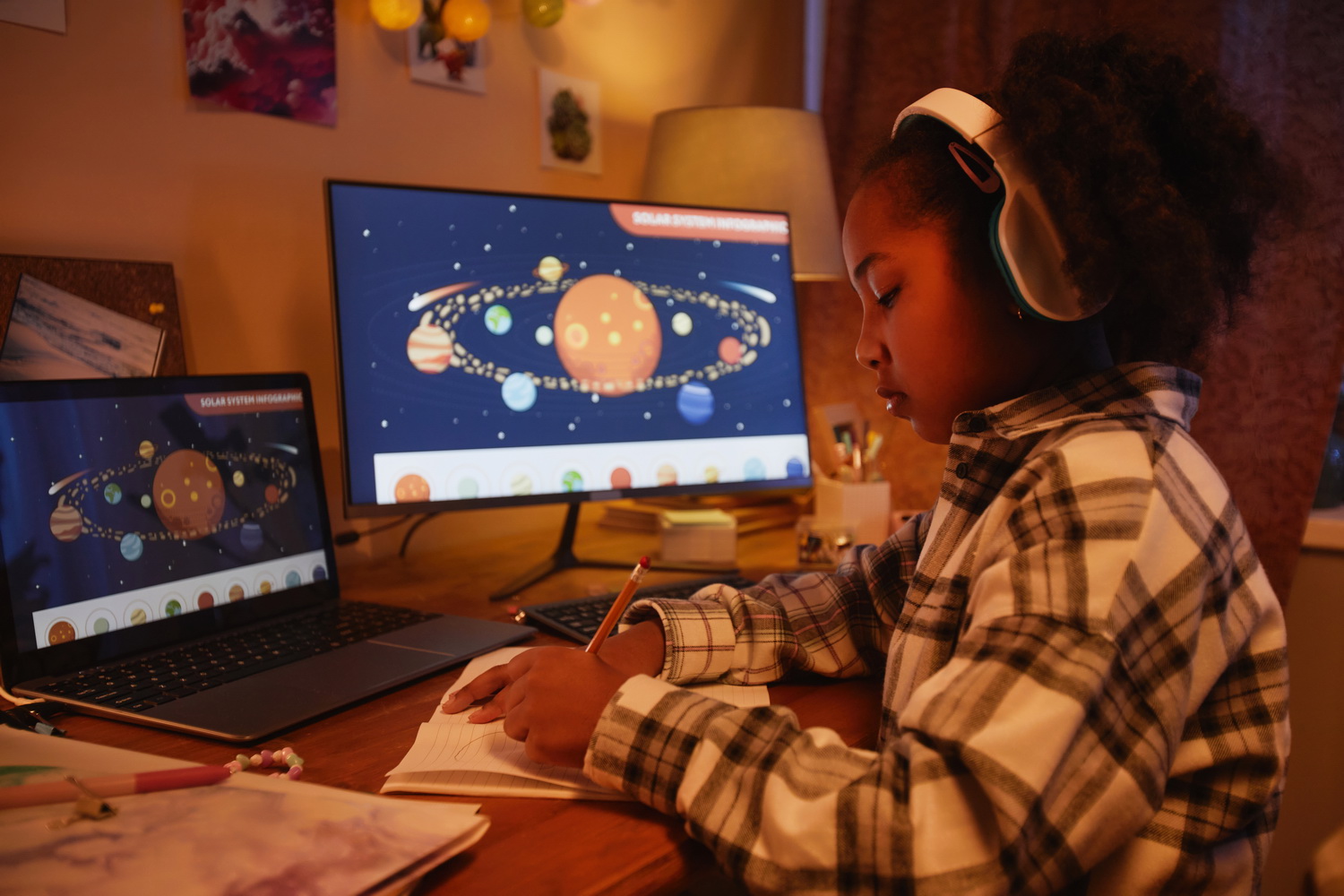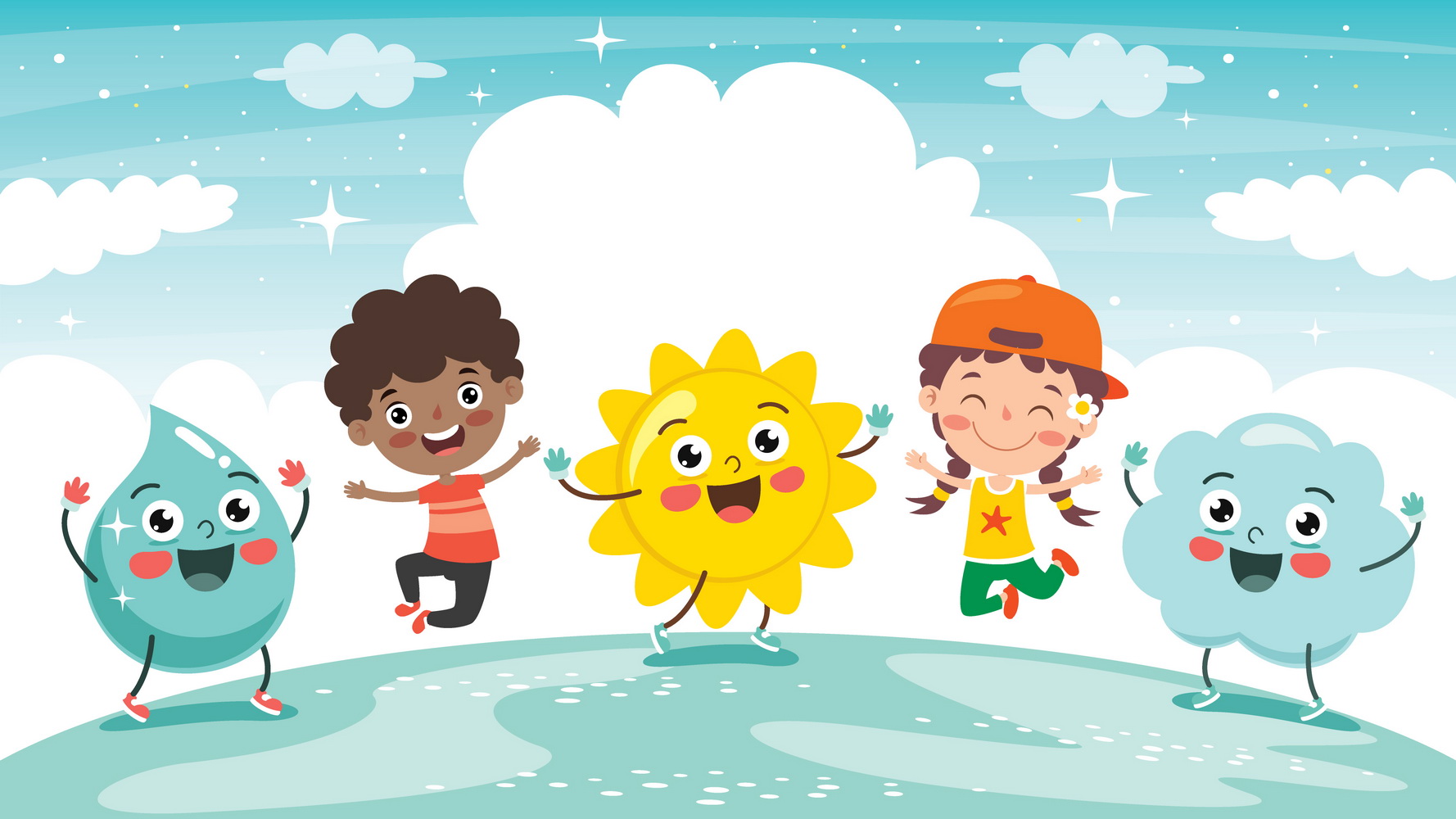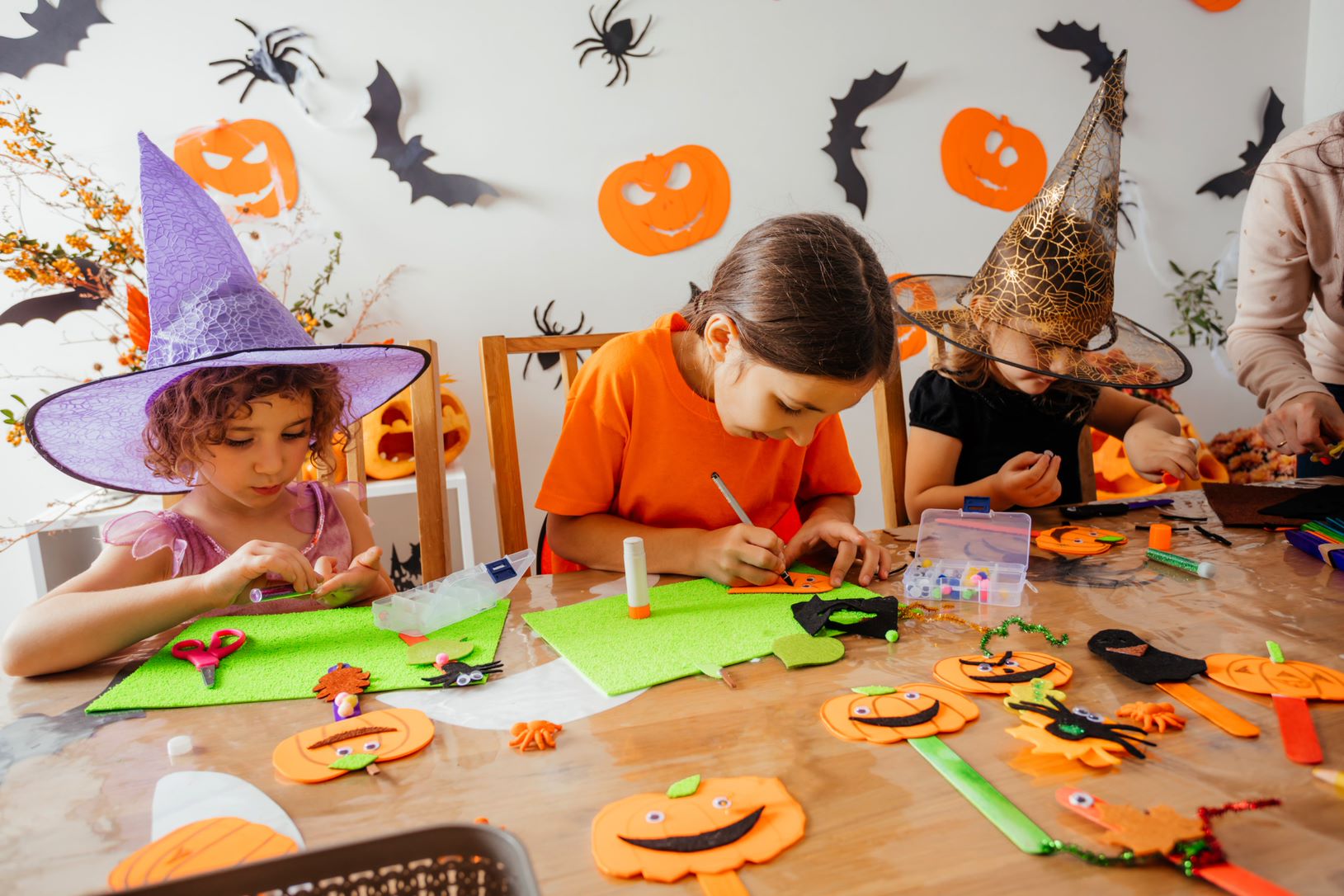Math & Science Articles
Daily Knowledge Boost with Kids Academy: Fractions for Grade 3
Dec. 9, 2024

One math concept that students spend a lot of time on, especially in 3rd grade, is fractions. Manipulating fractions is an important skill for students to master because it can build a foundation for more complex topics, develop their critical thinking skills, and help kids better understand more abstract concepts and establish connections across multiple subjects.
Today’s daily knowledge boost provides students in 3rd grade with in-depth study of fractions: making and representing fractions, as well as comparing fractions through their denominator and numerator.
Daily Knowledge Boost with Kids Academy: Place Value for Grade 2
Dec. 3, 2024

As students progress through the grades, math concepts begin to get more complex. Understanding place value helps children in 2nd grade as it is a foundation to number sense and math operations. Today’s daily knowledge boost will give children an opportunity to explore the place value of ones, tens, and hundreds as well as a slightly more challenging topic of expanded formation.
Daily Knowledge Boost with Kids Academy: Properties of Matter for 2nd Grade
Nov. 22, 2024

In 2nd grade it is very important for learners at this age to dive deeper into the world around them. The properties of matter are the basis for future science learning. Students start with this topic in Kinder and deepen in its complexity as they move up in each grade. Exploring matter encourages students to observe and inquire and gives opportunities for students to practice critical thinking and observation skills.
Daily Knowledge Boost with Kids Academy: Reading Time and Clocks for First Graders
Nov. 15, 2024

An essential life skill that children are learning in 1st grade are concepts around and involving time. Learning to tell time at a young age has many benefits. Mastering this skill can help children develop a sense of responsibility, enhance cognitive development, and support academic growth. It also builds foundational math and cognitive abilities and fosters independence for children in 1st grade and further. Today’s knowledge boost includes opportunities for students to explore the hour and minute hands on a clock, reading time on a clock to the hour and half, as well as looking at a digital and analog clock.
Daily Knowledge Boost with Kids Academy: Learning About Space in First Grade
Nov. 5, 2024

As a child grows, it is important to foster their curiosity of the world around them. The sun, moon, and stars are a topic of extreme interest for students in 1st grade. Building a strong foundation of knowledge about the main parts of our solar system can develop a sense of wonder about the universe and their place within it, as well as inspire future interest in the STEM fields. Mastering these concepts will also build a strong foundation for more complex topics. Today’s daily knowledge boost allows children to explore and gain knowledge about the sun, moon, and stars!
Daily Knowledge Boost with Kids Academy: Learning About Weather in Kindergarten
Oct. 21, 2024

As a child enters Kindergarten, they are at an age where they are starting to notice the world around them more. An important skill in Kindergarten children will need to develop by observing their environment is the ability to recognize different types of weather. When a child has the ability to understand the weather types, they will hone their critical thinking skills,explore scientific methods at a beginning level, and learn what safety precautions and measures to possibly take with certain weather. Today’s daily boost includes lessons where children will identify different types of weather, sort weather types, explore severe weather and climate.
Daily Knowledge Boost with Kids Academy: Exploring Shapes in Grade K
Oct. 9, 2024

By the end of Kindergarten, one goal is for children to be able to identify shapes around them in the world. Not only will children learn to identify shapes, they will be able to sort and make all different types of shapes. Today’s daily knowledge boost allows children to practice the skills of recognizing shapes, creating shapes, counting sides and corners in shapes, and identifying 2D or 3D shapes.
Daily Knowledge Boost with Kids Academy: Discovering Dinosaurs in Every Subject!
Sept. 4, 2024

Today’s knowledge boost focuses on a fascinating topic: dinosaurs and fossils! Studying the ancient world teaches children about the world long before they were born, shedding light on important world history as well as interesting science facts that researchers study to better understand our world today. Moreover, the following lessons will boost your child’s knowledge and skills in social studies, science, ELA, and math.
Daily Knowledge Boost with Kids Academy: Deep Dive into 2nd Grade Subjects
Aug. 28, 2024

As kids grow older, they begin to learn the intricacies of each subject they study. In math, they learn the interconnected nature of addition and subtraction, and in ELA they examine the details of a text they used to ignore, like subheadings and captions. As they mature, it’s important that they continue to build their knowledge by digging into the details for every concept they learn.
Daily Knowledge Boost with Kids Academy: Cross Curricular Reading Practice for 1st Grade
Aug. 16, 2024

Our knowledge boost today is focused on the idea that reading is everywhere and is necessary for success in all subject areas as well as in life. Keep reading to discover a hand-picked collection of ELA, math, social studies, and science online lessons that are ready-made and support learners’ reading comprehension.
All lessons featured below are found on the interactive Kids Academy Classroom interface, which enables children to complete each activity digitally and provides parents with an informative progress reporting system.





